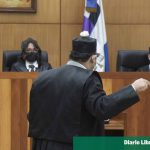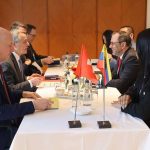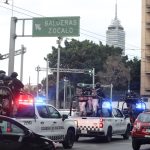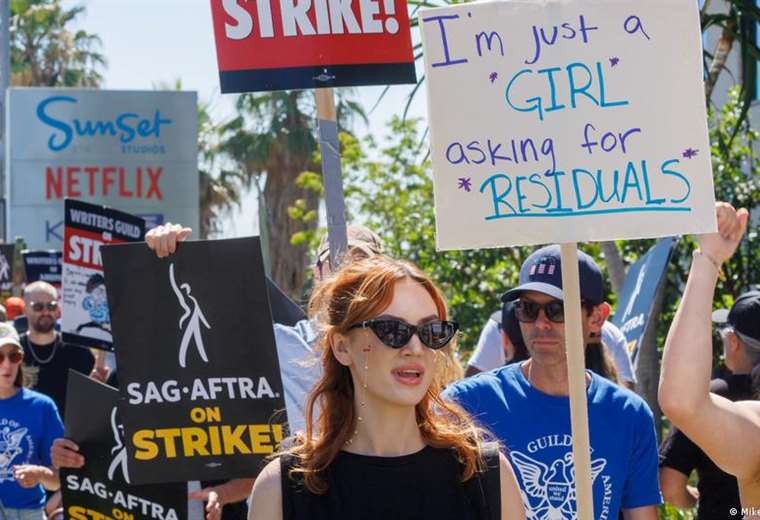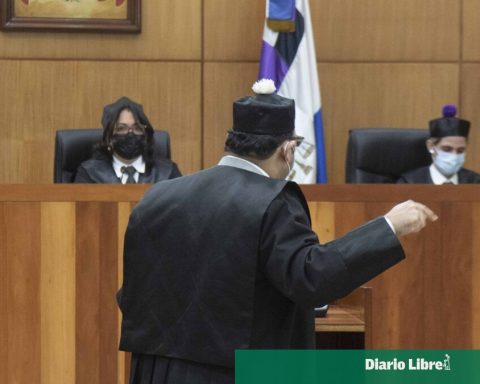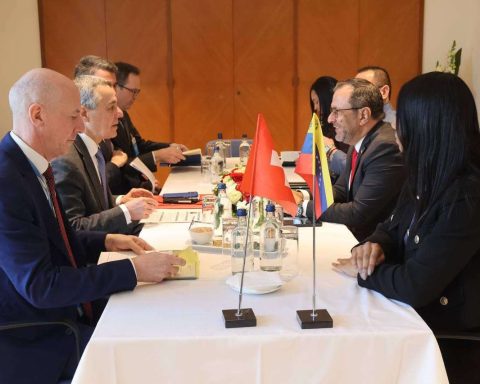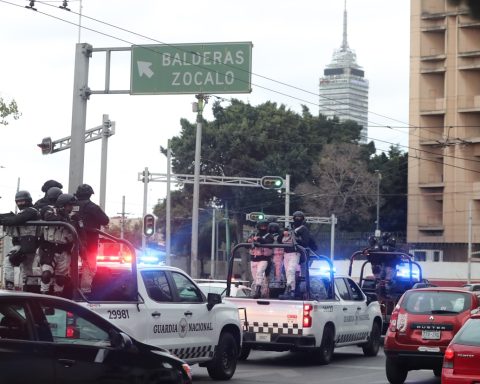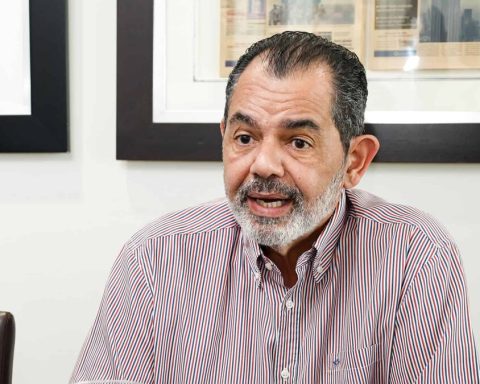
The president of Nicaragua, Daniel Ortega, asked his Colombian counterpart Gustavo Petro on Wednesday to reach an understanding, after the judgment of the Hague Court on July 13, which denied a request by Managua to extend its continental shelf beyond 200 nautical miles.
Although Ortega ratified that he would abide by the recent ruling of the highest UN court, he stressed that Colombia should do the same with respect to another 2012 International Court of Justice ruling that “made it clear that Nicaragua had the right to a territorial sea space in the Caribbean Sea of 75,000 square kilometers.” That conflict was also another point of friction between Bogotá and Managua.
“What would we expect at this moment from Colombia, what would we expect? They are acknowledging the Court ruling that benefits them, they are acknowledging it, we are abiding by it, but are they going to abide by the Court ruling that benefits us?” Ortega wondered.
open dialogue
Later, the Colombian president announced that he will hold a dialogue with the Nicaraguan government on the court’s decision to guarantee the rights of fishing for the raizales of the islands of San Andrés and Providencia.
“We will request dialogue with Nicaragua to negotiate the fishing rights of the people of the Caribbean,” said the president from San Andrés, where a military parade was held to commemorate Colombia’s independence day.
“We will speak with Ortega and his government about these new court rulings, which must prevail so that the Caribbean and Raizal peoples in the southwest of the sea can have the right to fish without being disturbed. So that they can communicate with each other, without barriers,” added Petro.
The Colombian president also indicated that he will seek to create a great raizal confederation to promote exchange and communication between these peoples.
Attack on former Colombian presidents
During their speeches, both Ortega and Petro attacked the actions of past Colombian leaders.
“I tell President Petro, there is no other way to abide by and there we are left one by one, we won one, they won one and we are left one by one, but we must abide by the court’s ruling and for that there must be signs, because on the other hand there are already former presidents who are looking for how to add fuel to the fire,” added the president in his speech on Wednesday on the 44th anniversary of the Sandinista Revolution.
For his part, Petro praised the victory in The Hague, stating that it was key the change that your government made in the legal team that represented the country before the International Court of Justice and criticized the tactics of previous governments to protect the San Andres Sea. “They failed because they forgot the word people, that the base and power of a democratic nation is popular power,” said the president.
Regarding the responsibility of the mandates of former presidents Álvaro Uribe and Juan Manuel Santos, Petro assured that “the government of Colombia between 2001 and 2012 reaped that international defeat” and forgot the inhabitants of the island.
In his speech on Thursday, President Petro also said that “Nicaragua was going for more, they were coming for the islands but above all for this people who had been made invisible by the oligarchy in Bogotá. We had lost because the reaction to the defeat was to say that we were leaving the International Court of Justice and leaving the Pact of Bogotá, they forgot that even so it was valid for another year and allowed Nicaragua to sue in 2013, and Nicaragua’s demand was going all over the sea that surrounds San Andres”.
Former Colombian presidents Iván Duque, Álvaro Uribe and Juan Manuel Santos are three of the former presidents who reacted to the recent ruling.
Santos called the recent ruling a “triumph for Colombia”; while Uribe took the opportunity to refer to the 2012 Hague ruling saying that it “cannot be applied.”
“The sentence of 2012 cannot be applied. A diplomatic tension of 50 years is better than handing over a piece of the Colombian sea,” wrote Uribe on Twitter.
Duque, for his part, argued that Colombia and its position of “inapplicability of the 2012 ruling must be maintained.”
“The limits of the homeland can only be modified by a treaty ratified by Congress. You must not cede an inch of territory,” he pointed the former president on Twitter.
“There we already have the way out so that we can find a way to translate this into a Decree, an agreement where it is clear that Nicaragua is the owner as in effect it is and is exercising sovereignty in those 75 thousand kilometers that the Court gave Nicaragua in the Caribbean Sea. With the best spirit of peace, of understanding I send this message to President Petro,” Ortega concluded.
Analysts consulted by the voice of america They have said that after the ruling what follows is the hardest part: find mechanisms for dialogue and agreement at the highest level between Bogotá and Managua.
“Both diplomatic apparatuses should use their best negotiating teams in order to achieve a gradual normalization of their relations,” Nicolas Boeglin, professor of Public International Law at the University of Costa Rica (UCR), told VOA.
Connect with the Voice of America! Subscribe to our channel Youtube and activate notifications, or follow us on social networks: Facebook, Twitter and instagram.






